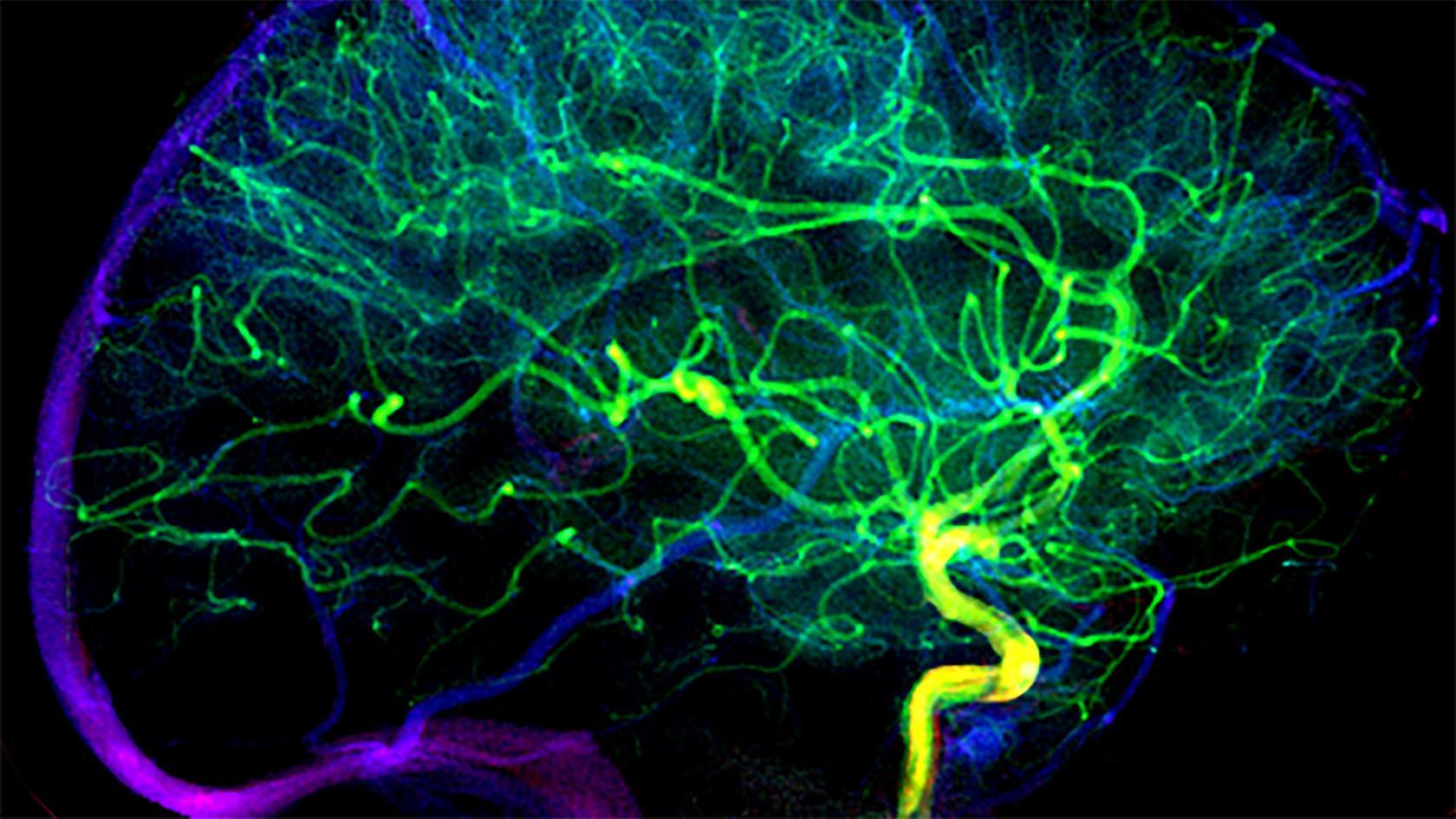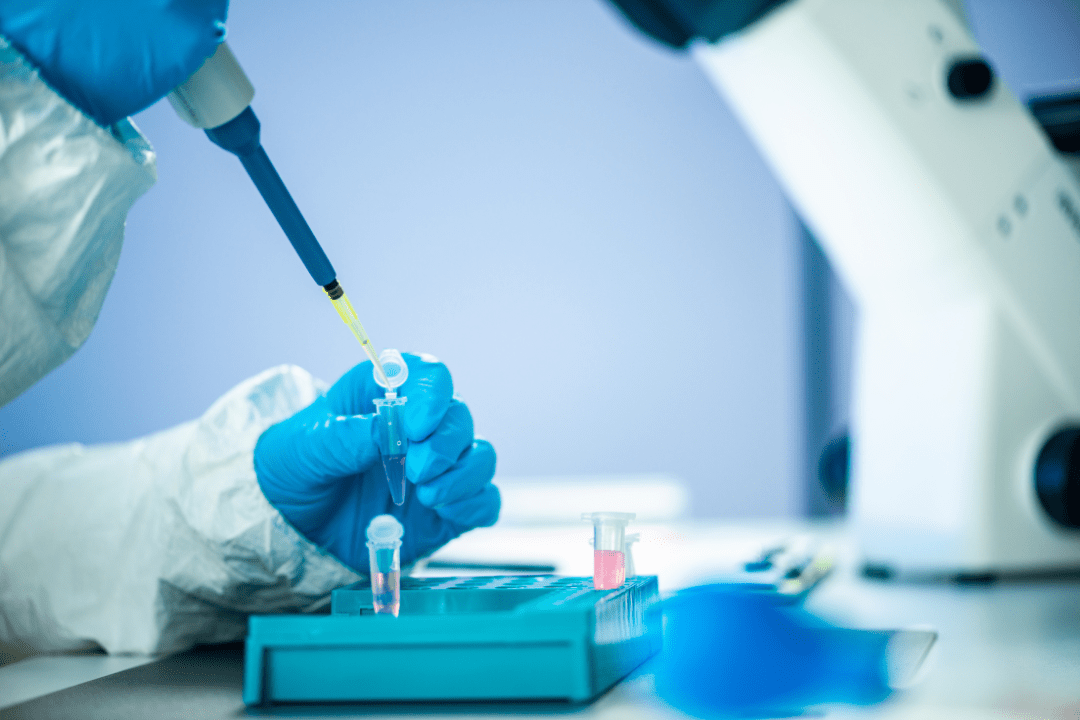
Therapeutic success in the wake of a stroke depends on what is known as the collateral network. This finding has been uncovered by a research group at UZH and now published in a scientific journal.
Collaterals are blood vessels that connect neighboring arterial trees. In the event that arteries responsible for supplying blood to the brain are narrowed or blocked, these collaterals can help to reroute the bloodflow. This is particularly important after a blood clot in the brain has been removed medically or surgically, due to the fact that these “vascular bridges maintain cerebral autoregulation and allow for a slower, gradual reperfusion, which results in smaller infarcts”, as Susanne Wegener, head of the research group, explains in a UZH report. She is a professor at UZH and senior leading physician at the Department of Neurology at University Hospital Zurich (USZ).
Life Science Hub Greater Zurich Area
Life Science Hub Greater Zurich Area
The Greater Zurich Area has evolved into a dynamically expanding life sciences hotspot, thanks to the region’s academic excellence, business-friendly regulations, IP protection, large international talent pool and R&D collaborations between universities and start-ups, as well as large multinational corporations.
In experiments using mice with poor collaterals, the researchers discovered that the artery segments were dysfunctional and rigid after the clot was removed. “The rapid reperfusion that followed caused brain hemorrhage and increased mortality”, Wegener explains.
The team was subsequently able to confirm the results obtained from murine models in stroke patients. A similarly rapid and excessive reperfusion of blood to the brain area caused small hemorrhages and their recovery was impaired.
The insights can be summed up as followed: the better the arterial connections, the better the recovery. According to Wegener, future therapeutic measures should therefore “aim to enhance collateral function, allowing for beneficial reperfusion after stroke”. ce/mm
Related news
Success Stories
Meet with an expansion expert
Our services are free of charge and include:
- Introduction to key contacts in industry, academia, and government
- Advice on regulatory framework, taxes, labor, market, and setting up a company
- Custom-made fact-finding visits, including office and co-working space








